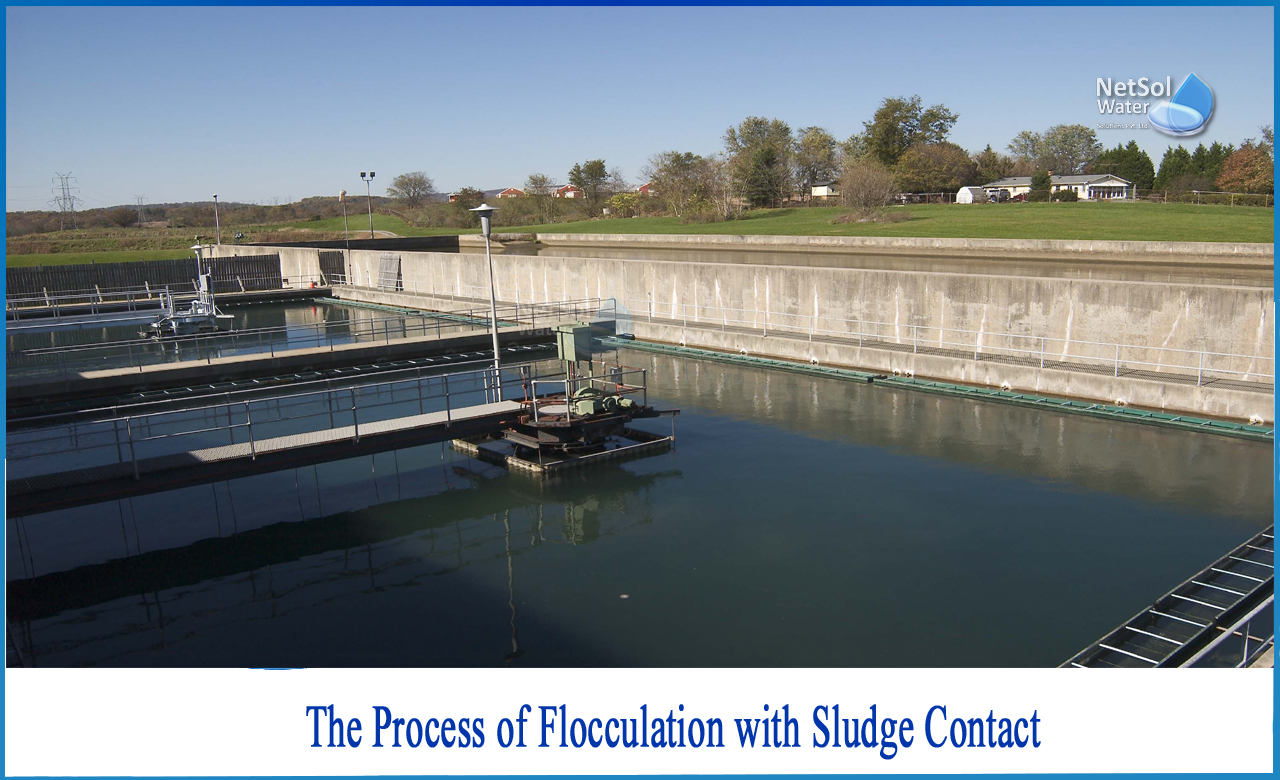What is the process of flocculation with sludge contact?
Flocculation is a process that aids in the formation of big particle aggregates. A chemical coagulant is added to the liquid in order for this to happen. This coagulant helps the particles in the liquidsto join together.
The flocculation definition, according to IUPAC, is a process of contact and adhesion in which scattered particles form huge clusters. Due to the surface tension of the liquid, the particles that are stuck together can readily free-up.
Flocculation has a wide range of uses-
Flocculation can sometimes be detrimental to the process. As a result, the flocculants are removed. Flocculation is used in a variety of applications, including water supply, wastewater treatment facilities, and even sample processing.
Flocculation in the Natural State
Wastewater is treated using natural flocculation methods.
Natural flocculants are safe for the environment. This is done with the seeds of plants like ovata, Oliveira, Moringa, and Plantago. Starch is a natural substance that may be used as a flocculant.
Wastewater management operations may be made more cost-effective by using natural resources like these. The fact that these flocculants are biodegradable and may be reused is one of their key advantages. It is advisable to use these materials because they are non-toxic. The purifying process should be unaffected by any harmful reactions. Natural flocculants are quite safe to use, although they have a shorter lifetime.
Flocculation using Chemicals
Chemical flocculants guarantee that coagulation processes are treated effectively. They are chemically manufactured from diverse monomers from electrolytes, cationic, anionic, and non-ionic polymers, as the name suggests. However, as several studies have shown, these chemical flocculants are hazardous. They create sludge that contains large levels of metal hydroxides, which are toxic to living things if discharged into water bodies.
Organic flocculants such as alum, aluminum chlorohydrate, and aluminum sulphate are used to treat wastewater. Because cationic flocculants come in the most variations, they are the most commonly employed. Chemical flocculants are particularly valuable because they enable procedures such as copolymerization to take place.
Sludge contact and flocculation
We get the following equation if we incorporate the differential equations that apply to orthokinetic flocculation:
e = K . Cα. Gβ. tγ
It denotes the efficacy of flocculation, where,
e: A parameter related to the floc formation (size, settleability, filtering capacity, etc.) or the cleared water quality.
C:Concentration of sludge in the flocculation tank.
G:Gradient of velocity.
T: It stands for contact time.
α, β, γ >0.
In general, a higher contact mass (C) increases the likelihood of a collision occurring inside the tank, resulting in more effective flocculation.
This approach is used in sludge contact equipment, which creates or injects a higher volume of sludge into the flocculation zone.
There are two ways used-
1: Sludge recirculation: A continuous flow of concentrated sludge from the sedimentation tank's floor into the flocculation zone is provided by an integrated or external system.
2: The sludge blanket:In an upflow structure, a balance between the velocity of the water and the slowed settling rate of flocculated particles will be created. Once the flocculated particles have reached a specific concentration, a sludge blanket is formed, which serves as both a flocculator and a "fluidized filter," resulting in superior flocculation and sedimentation.
Sludge interaction has a number of benefits:
1: A higher rate of flocculation.
2: There are no fine particles in the floc, and it is homogeneous.
3: A faster rate of settling and, as a result, smaller buildings.
4: Specified processes (precipitation, adsorption on powdered activated carbon, etc.) are completed.
5: Adsorption over floc; improved organic matter removal
6: A reduction in the cost of chemical reagents (improved use of reagents, coagulant and flocculating effect of recycled sludge).
Conclusion
Clarification, specific precipitations (carbonate removal, silicon removal), colour removal, iron or manganese removal, clarification as part of pre or post treatment in aerobic or anaerobic biological water/wastewater purification treatment are just some of the applications of flocculation with sludge contact.
What can we offer?
If you need help designing an efficient wastewater treatment systems, contact Netsol Water. We can help you with design calculations, budgetary expenses, preliminary layouts, and a lifetime cost analysis for primary, secondary and tertiary wastewater treatments.
Netsol Water is Greater Noida-based leading water & wastewater treatment plant manufacturer. We are industry's most demanding company based on client review and work quality. We are known as best commercial RO plant manufacturers, industrial RO plant manufacturer, sewage treatment plant manufacturer, Water Softener Plant Manufacturers and effluent treatment plant manufacturers. Apart from this 24x7 customer support is our USP. Call on +91-9650608473, or write us at enquiry@netsolwater.com for any support, inquiry or product-purchase related query.



